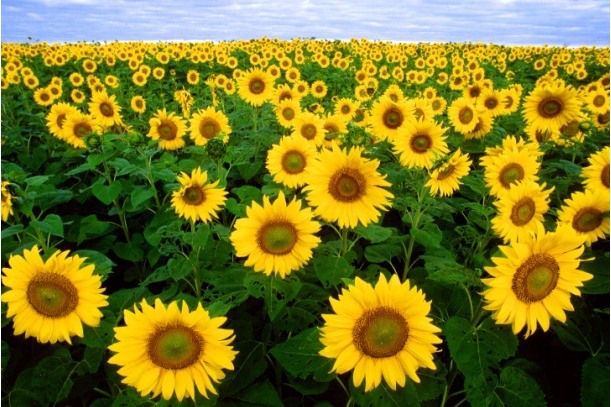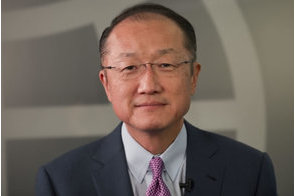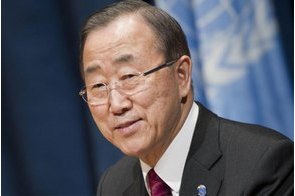Egypt forms agricultural cooperation with SSA to fight lingering food scarcity

Summary
Egyptian farmers have been allotted around 81,000 ha of land in two states in Sudan.
Amid severe water scarcity and worsening food shortage, Egypt is building agricultural alliances with countries in sub-Saharan Africa. This partnership involves deploying Egyptian farmers to countries like Sudan and DR Congo to raise crops in those countries while taking advantage of their abundant rainfall and other water sources. In return, Egypt will transfer knowledge and expertise to develop the agriculture sector of these countries.
With an annual water deficit of about seven billion cubic metres, the United Nations has warned that Egypt might run out of water by the year 2025. Being a pretty much arid country, Egypt depends on the River Nile as the primary source of the country's drinking water while it also services the industrial and agricultural demand of Egypt.
Meanwhile, Sudan and DR Congo have abundant and a wide variety of water sources but their agricultural outputs have been declining as a result of insufficient funding and a deficit of machineries.
During the Arab Summit in March, Sudanese President Omar al-Bashir put forth an Arab food security initiative that will allow Egypt to cultivate thousands of acres in Sudan. In the following month, the Sudanese government announced the allocation of land in several water-rich areas where Egyptians can carry out their farming projects.
In the first phase of the project, Egyptian farmers have been allotted around 81,000 ha of land in two states in Sudan where they are growing sunflower and cotton.
In its cooperation with DR Congo, the Egyptian government is working to establish a farm in the Malaku city, which is north of Kinshasa. The farm’s size will be 600 ha, half of which will be cultivated with crops currently unavailable in Congo, such as corn, sunflowers, soybeans and rice. The output will be divided evenly between the two countries.
The alliance is also pivoted on establishment of a new farm model based on planting strategic crops in other sub-Saharan countries, including Mali, Niger and Zambia.
Related
-
World Bank and UNCTAD announce plan to collaborate on trade and investment
Both organizations aim to support private sector development and improve investment policies in developing countries.
-
Nigeria and the International Oil Pollution Compensation Fund
The IOPC funds represent not just an international obligation, but a lifeline for nations that live with the daily risk of ...
-
News Initiatives launched at World Humanitarian Summit
A total of 1,500 commitments were made, including, the Education Cannot Wait fund to help provide quality education to ...







